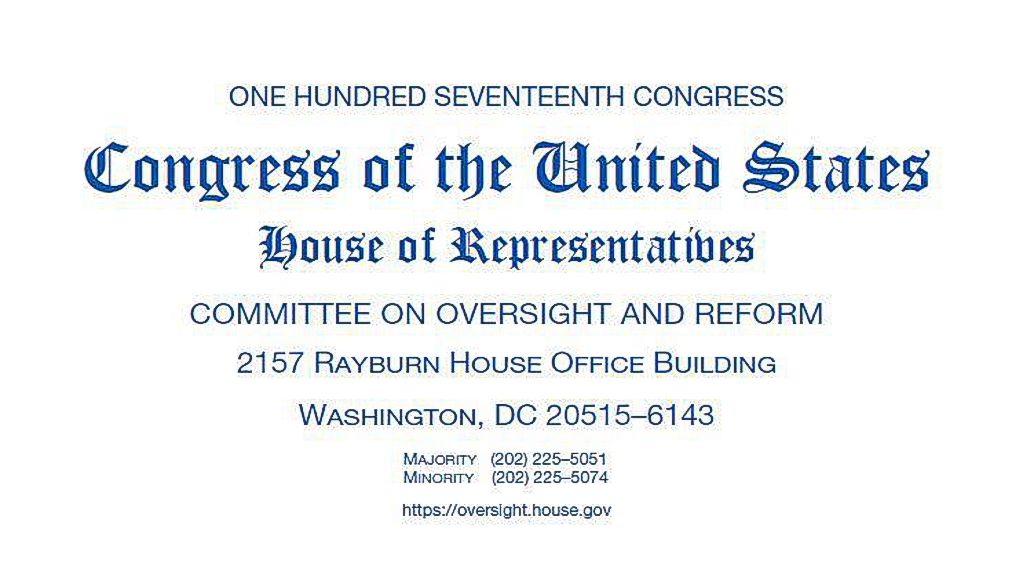
Raising a child in America is more expensive today than it has ever been — more than $245,000, not including college tuition, according to the USDA — and supporting a family often requires two incomes. Even when it is not necessarily required of them, many women wish to use their educations to pursue lucrative, fulfilling careers. It should not be surprising that the majority of parents work outside the home, including the majority of mothers. Among married women, 57% with a child under the age of three worked at least part time in 2014, and nearly 74% of those women worked full time.
While there are obviously many good things to be said about the professional progress of women and the significant contributions they have made in their fields, good things tend to come with tradeoffs. More women in the workforce means that more children need some form of child care. (A small but growing minority of fathers in the United States stay at home with their children: 2 million fathers, or 16% of stay-at-home parents, in 2012. Over half of these men were either unemployed or disabled.) For many parents, decisions about work and child care are among the most difficult choices they must make.
These decisions are made all the more difficult by a lack of reliable research on daycare. There is more research than anyone needs on the dangers of certain fabrics used in car seats and backpacks or the risks of drinking from a garden hose or eating conventionally grown fruit. And sober examination of the actual findings of these studies consistently reveals that the risks are being exaggerated; unless a child eats the fabric on his backpack, he isn’t really at risk.
But when it comes to daycare — something that instinctively worries many parents — few are willing to take a hard look. The media, which seemingly report constantly on alarming new risks to children, rarely present the public with information from studies on the impact of daycare, especially when the findings suggest that daycare is associated with significant negative outcomes.
The reasons for this are several, and are understandable. Many reporters may be reluctant to highlight such studies because of the politically charged nature of the issue. Some may worry that acknowledging any downsides to daycare would impede the cause of women’s equality, by inviting people to conclude that children would be better off if mothers dropped out of the workforce. And many journalists send their kids to daycare, and therefore may be predisposed to overlook negative findings about a choice they have already made for their own children.
A deeper reason may be that the psychologists who study daycare have attempted to downplay or put a comforting spin on troubling findings. Just last year, an important study found that the culturally liberal outlook of almost all social psychologists had biased the studies and conclusions they reached. It is likely that a similar outlook, and in particular an unwillingness to present findings that may interfere with women’s progress in the workplace, has similarly harmed the work of developmental psychologists regarding daycare.
This bias and lack of information does a serious disservice to parents, who need to know about the best research in order to make fully informed choices for their families — even, and especially, if that research does not validate their biases. Politicians also need to know what the full range of research shows, especially as they consider policy reforms that could lead many families to change their decisions about how their children are cared for. President Barack Obama and presidential candidate Hillary Clinton have both called for increasing government’s financial support of paid child care, but it is not at all clear that increased use of child care would produce better results for children.
In fact, the available research suggests that heavy use of commercial daycare leads to some poor outcomes for many children. Subsidizing this form of child care effectively discourages the use of other arrangements that have not shown these negative effects. A better policy would help parents in a broader way, providing financial help regardless of families’ child-care choices.
Acknowledging evidence that daycare may have drawbacks is not meant to demonize parents using daycare. One of the authors of this essay, a mother of five, currently uses part-time daycare for her own children. Like millions of other parents, she believes it is the best option for her family in balancing different considerations such as cost, convenience, and the desire to support a work life as well as ensure the well-being of her children.
Instead, by presenting research that deserves more attention from psychologists, the media, public-policy analysts, and the public, we hope to help parents and policymakers make better, more informed decisions about daycare and child-care policies.







